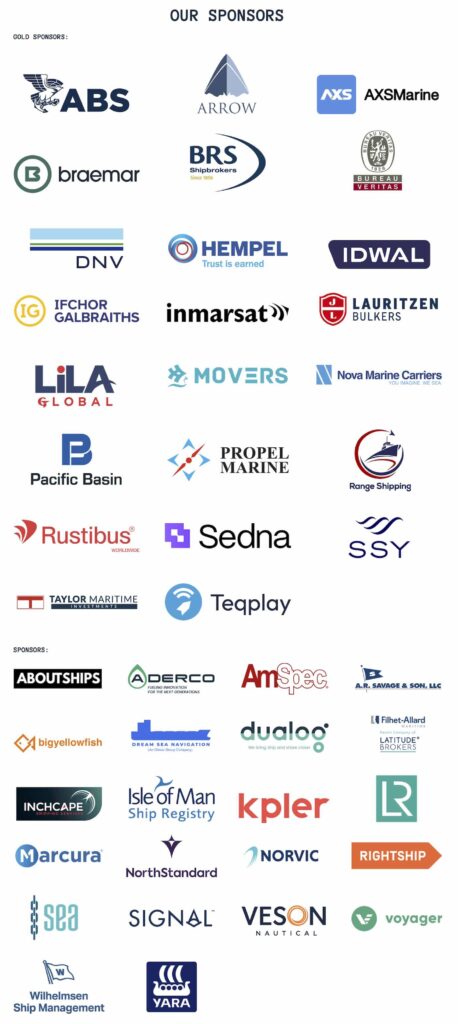Geneva Dry Dialogues: ABS

The dry bulk sector, which accounts for a substantial part of the global shipping industry, faces unique challenges on its path to decarbonisation. The sector’s trading structure, with vessels serving a diverse array of ports and anchorages, makes the transition to low or zero carbon fuels more complex. The sector’s green pathway will be under the microscope on May 3 during the high-level dry decarbonisation session at the Splash-organised Geneva Dry summit.
Looking forward to the debate is Vasileios Gkikas, the director of business development and global lead for dry bulk at class society, ABS.
“From a practical point of view, the design of bulk carriers, particularly smaller ones with deck cranes, presents technical hurdles in adding tanks for alternative fuels such as LNG,” Gkikas points out.
In the latest edition of the ABS Low Carbon Outlook series, the class society made the important point that the speed and extent of decarbonisation will to a large extent be commodity-driven.
“Cargoes for which we are expecting the demand to decline including major bulks like coal, will see a lower fleet renewal rate and thus the owners will focus mainly on retrofitting energy efficiency technologies to comply with the regulations,” Gkikas explains.
Achieving the reduction targets that have been set for shipping means the existing fleet must become much more efficient, with ABS anticipating a very significant retrofitting of the existing fleet with much investment in carbon capture devices.
“Carbon capture is a technology that will play a significant role in the transition until 2050,” says Gkikas. “Some major names in the industry have plans for millions of tons of carbon capture for their onboard emissions and the technology is scaling up to provide that capability.”
Designed to be the annual global summit for the dry bulk shipping community, Geneva Dry now boasts an extraordinary mix of shipowners, trading companies, miners and tech providers, all due to convene at the Hotel President Wilson on the shores of Lake Geneva on May 2 and 3 this year.
The event is split into relevant sectors to make delegates’ time more targeted and rewarding. Sessions also include minor bulks; agri-commodities; coal; iron ore; as well as an entire afternoon devoted to digital.
“Geneva has a leading role in shipping’s decarbonisation journey as home to the key trading houses, which can not only initiate and lead by example new developments in the technology of ships, but also raise public awareness on the importance of shipping in the transition and its role in meeting ESG goals,” Gkikas concludes.
The full Geneva Dry agenda can be accessed here.
Geneva Dry registration, at just $650, can be accessed here.
Special Geneva Dry rates at the President Wilson Hotel can be found here.

